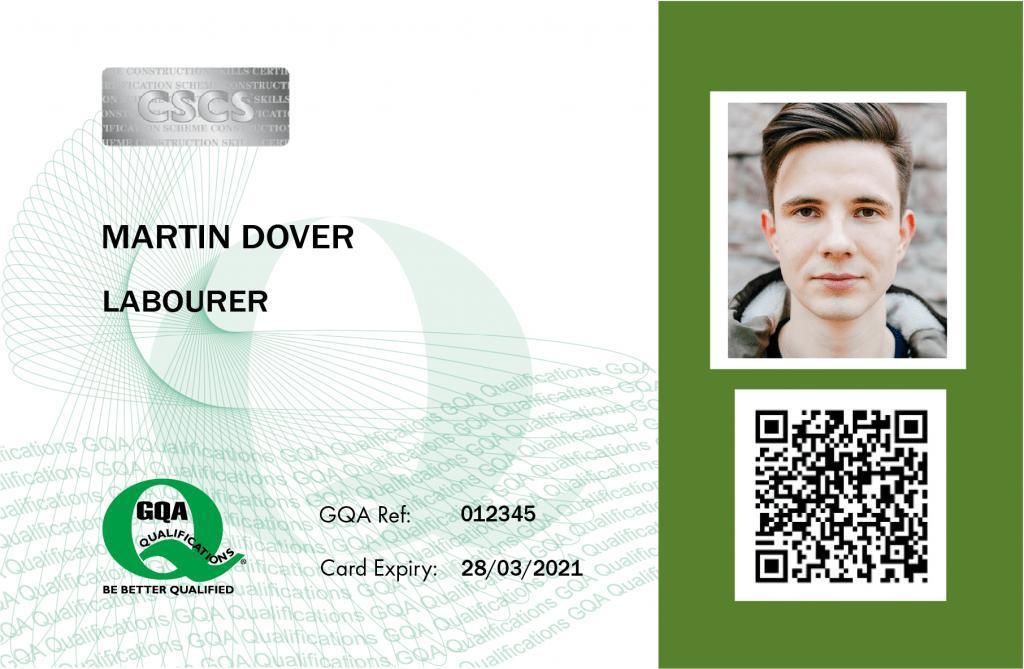Leadership has long been recognized as a critical determinant of organizational success, yet the demands placed on executives in today’s dynamic environment have evolved significantly. Modern leaders are required to navigate complex challenges, from digital transformation and globalization to shifting workforce expectations and economic uncertainty. This program addresses these multifaceted demands by equipping participants with the skills and frameworks necessary to lead with vision, agility, and resilience. Rooted in established leadership theories such as transformational leadership (Bass, 1985) and situational leadership (Hersey & Blanchard, 1969), this course ensures that participants gain both theoretical grounding and practical tools.
One of the most pressing challenges facing organizations is the gap between traditional leadership practices and the needs of a rapidly changing world. Many leaders struggle to balance short-term operational demands with long-term strategic imperatives, often leading to stagnation or misalignment. For instance, a recent study by McKinsey revealed that only 30% of transformation initiatives succeed due to inadequate leadership support. By addressing these gaps, this program empowers leaders to foster innovation, drive change, and sustain competitive advantage. The curriculum incorporates case studies, such as IBM’s successful pivot under CEO Ginni Rometty, to illustrate how adaptive leadership can transform an organization.
Mastering the content of this program yields profound benefits for both individuals and their organizations. Participants will emerge with heightened confidence in decision-making, enhanced emotional intelligence, and the ability to inspire high-performing teams. Organizations, in turn, benefit from improved employee engagement, reduced turnover, and stronger financial performance. Research by Harvard Business Review underscores the correlation between effective leadership and profitability, with companies led by strong executives outperforming peers by up to 20%. Such outcomes underscore the tangible value of investing in leadership development.
The program draws upon interdisciplinary insights, integrating principles from psychology, business strategy, and organizational behavior. For example, Daniel Goleman’s work on emotional intelligence highlights the importance of self-awareness and empathy in fostering trust and collaboration. Similarly, Kotter’s eight-step model for leading change provides a roadmap for navigating transitions effectively. These frameworks, along with emerging trends like servant leadership and inclusive management, form the backbone of the curriculum, ensuring its relevance across industries.
Real-world examples further illuminate the practical applications of the course material. Consider the story of Satya Nadella, who revitalized Microsoft by championing a growth mindset culture. His emphasis on empathy and continuous learning not only transformed the company’s internal dynamics but also repositioned it as a leader in cloud computing. Such narratives serve as powerful reminders of how effective leadership can catalyze meaningful change. Participants will explore similar success stories and distill actionable lessons tailored to their unique contexts.
Ultimately, this program is designed for those committed to excellence in leadership. It transcends conventional training by fostering a holistic understanding of what it means to lead in the 21st century. Whether you are steering a multinational corporation, guiding a nonprofit, or spearheading a startup, the skills acquired here will enable you to thrive amidst complexity and uncertainty. By blending theory, practice, and reflection, this course prepares leaders to shape the future of their organizations while leaving a lasting legacy.




















































